
“Fortunately, God doesn’t call me… If he said, I am thinking about closing down planet Earth. I think we’d all be in trouble because you can’t lie to God. I’d have to say, “Well you know, it hasn’t worked. It’s been several thousand years and it hasn’t worked, so maybe we need to shut this all down and start all over again.”
Nikki Giovanni
We live in a world where the new normal is dehumanizing.
It is unsettling. Deeply upsetting. We find ourselves angry. Cursing at the nightly news. Shell-shocked. Despondent. Cautious and tentative. We avoid the news because it is all bad news. Takes us lower. But then we wonder what’s going on—if its all really going to be alright? Anxiety creeps into our daily routine. We live in a world where the government institutions charged with safeguarding our well being actually sew mass confusion, incarcerate and murder hundreds of thousands of spirits and amplify mass institutional diseases of control as racism and discrimination.
As abstract expressionist and philanthropist Danny Simmons (interviewed for “Dispatches from the Vanguard”) recently posted on Facebook, “arguing about Trump is not a political discussion but a moral litmus test.” The facts don’t represent our feelings. Or the truth about the facts. We cannot love something that hates us all. So, perhaps we ought to hate almost as a condition of self-love? It is an experience outside of our bodies, outside of what we know is right. So now to a certain extent we can all imagine as existentialism, the experience of American slavery.
Richard Kraft and his It Is What It Is project is a colorful meditation that is precise in its role of resisting and combating Trumpism. It Is What It Is (which will be published in book form by Siglio) approaches this zeitgeist of civil implosion with startling accuracy. Kraft refuses to settle on a new normal that is dehumanizing and outrageous in its prosaic insistence of mass denigration. Kraft’s work assigns colored cards—in the fashion of a metaphysical soccer referee—associated with “transgressing (the) rules and codes of conduct in the game” of our collective humanity and lives. Like a Buddha guardian marshalling our collective humanity, Kraft works on a plane of existence that is at once peaceful and fierce in its defense of our humanity. Foul! I say, foul!
Patrick A. Howell’s Dispatches from the Vanguard, just released through London’s Repeater Books is about the Global International African Arts Movement (or, Global I Aam) versus Donald J. Trump. The Global I Aam where the same egalitarian spirits who lost country, family, tribe, culture, language and thrived through America’s harrowing hell birthing have risen up again in defense of our collective humanity. They who made a way out of no way; built an empire somehow with the knowing of their previous ones in their DNA. They art stronger than ever. And they are, now, global. They do this spirit work on the planet.
—Patrick A. Howell and Richard Kraft
“Yes, we are at war in America. It’s a spiritual war and it’s been going on for a long time. It has picked up steam recently, but we have always been at war. That war will continue until we realize we are one race — the human race.”
Abiodun Oyewole, interviewed in Dispatches from the Vanguard
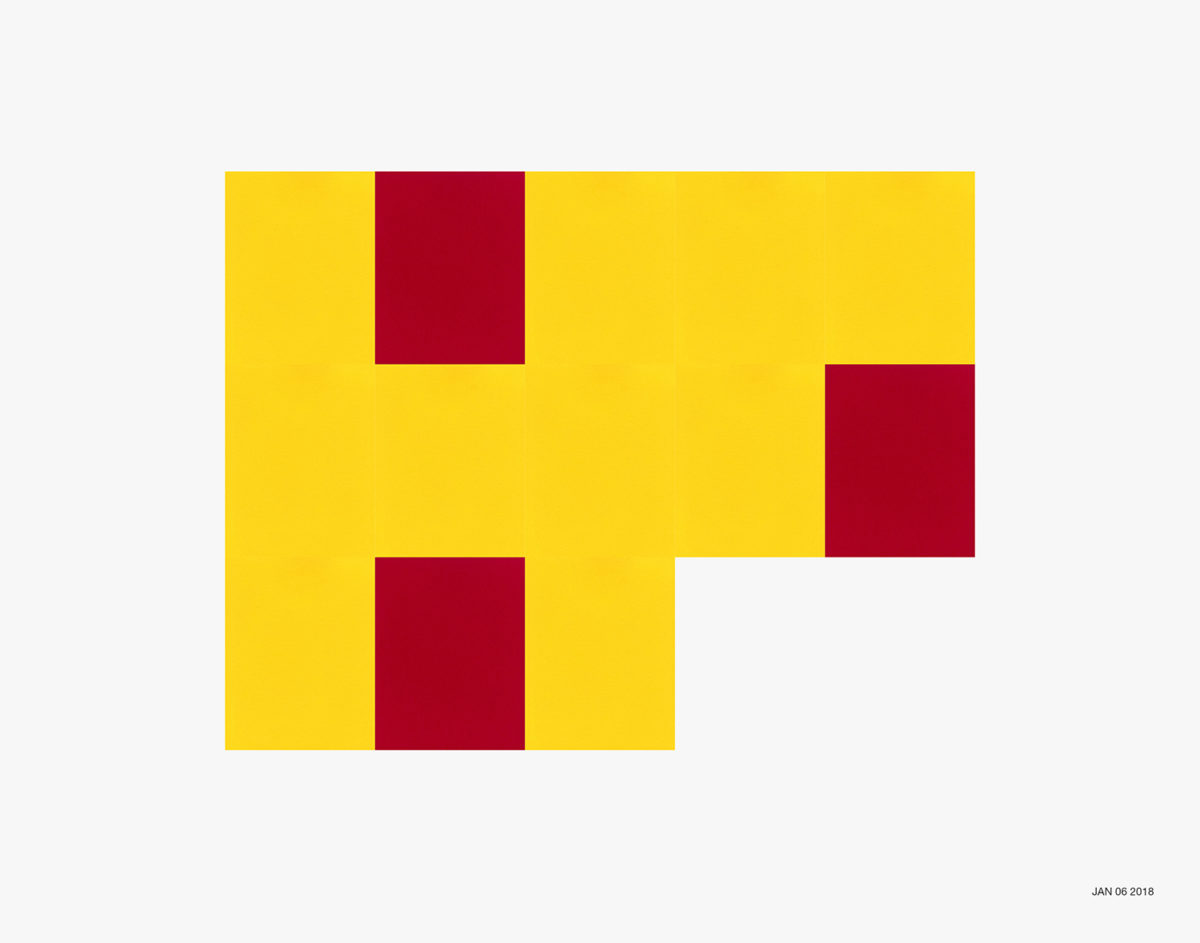
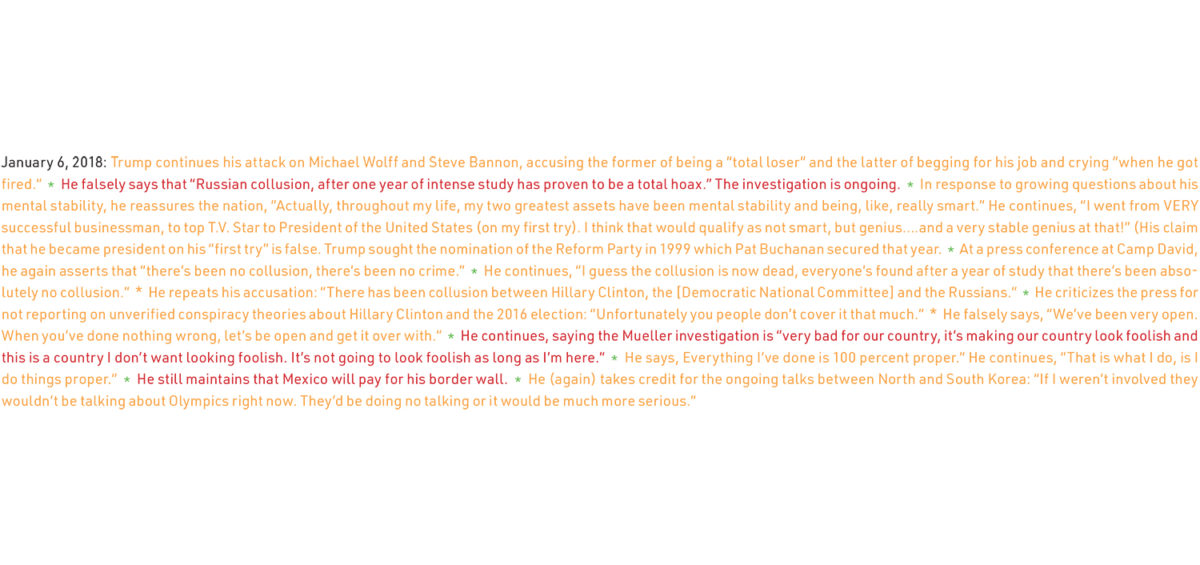
RICHARD KRAFT: Patrick, what power do art, poetry and writing have in not only affecting change but particularly in responding to Trump? What effect can we see the work having, and what matters in making it?
PATRICK A. HOWELL: Richard, it’s been bizarre and rapacious to see the devolution of American power around Trump. He is grotesque but adept at the con game of American power. The freedom that is not free in the Declaration of Independence. Deplorable. The justice that is not just in the US Constitution. Crisis. In his own con man way, he is quintessentially American. A Democracy where Capitalists pursuits are the only clear governing objective is in fact an oligarchy. Not since Thanos and Avengers: End Game! Even as he commits treason in plain site, even as he engineers the mass murder of hundreds of thousands with his snide selfish machinations. Just as all the institutions—Congress, Journalism, the Presidency and its Cabinet, the Supreme Court—become functions of his personality and its depraved dysfunction. Even as he reduces the American experience to nickels, dimes, Jeffersons, Franklins and hallowed billions. Corporate trillions stacked higher than the tower of Babel. The systems become dysfunctional extensions of his dysmorphic persona. Abomination really.
Outside of the constructs of formalized power is art. Or, the “spiritus mundi” (the “world spirit” as William Butler Yeats called it) and all of the different experiences that intersect with what it means to be a human in the world. Art is not constrained by man made artifice. It is emotional. It is psychological. It is metaphysical. It is spiritual. It is cosmic. It is magical. As power contracts around the megalomaniac persona of a thoroughly hallowed man, there is not only a reckoning but a greater reality that expands to express our unlimited, mystic and majestic humanity. Politics is artifice. Art be though. The highest possible form of art, however, is how we choose to live our lives in this moment. That is revelatory.
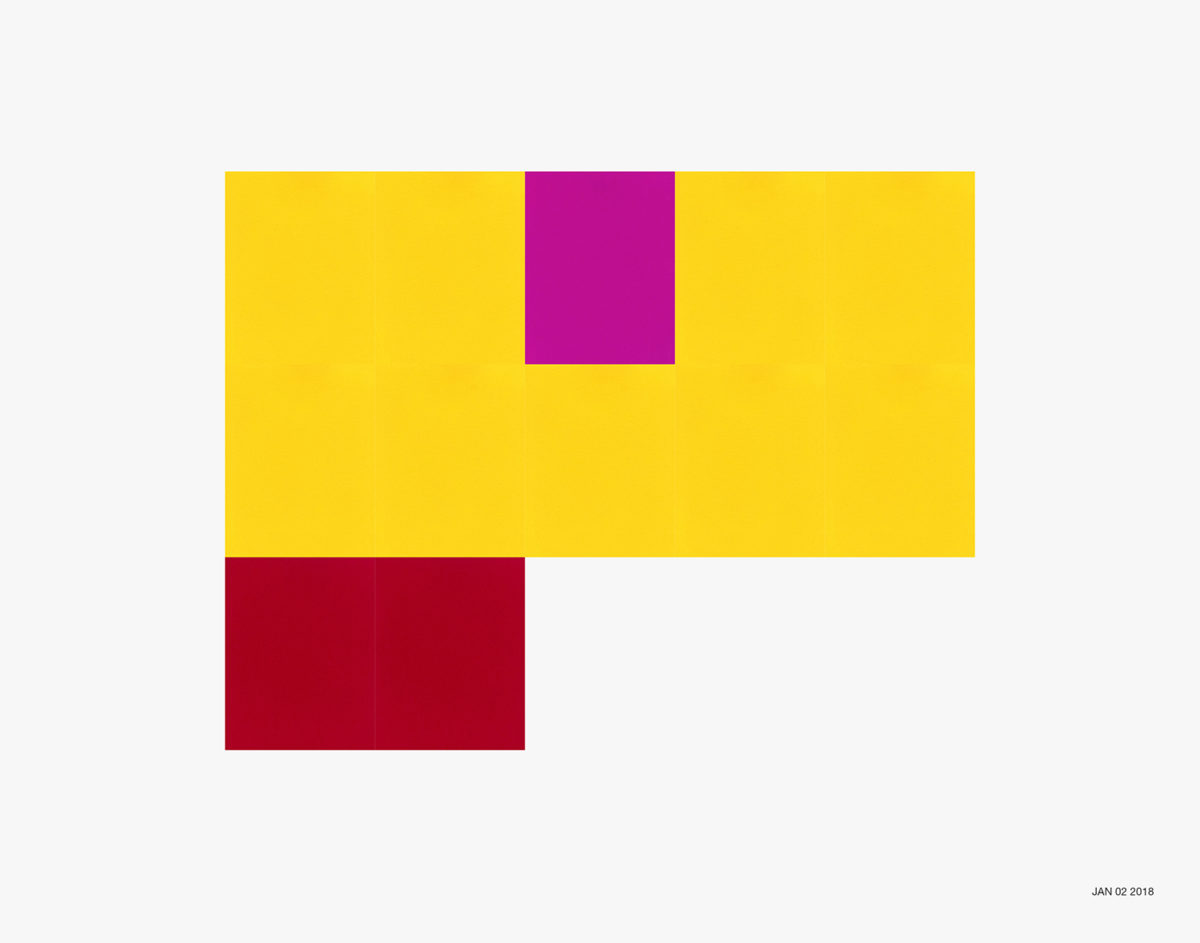
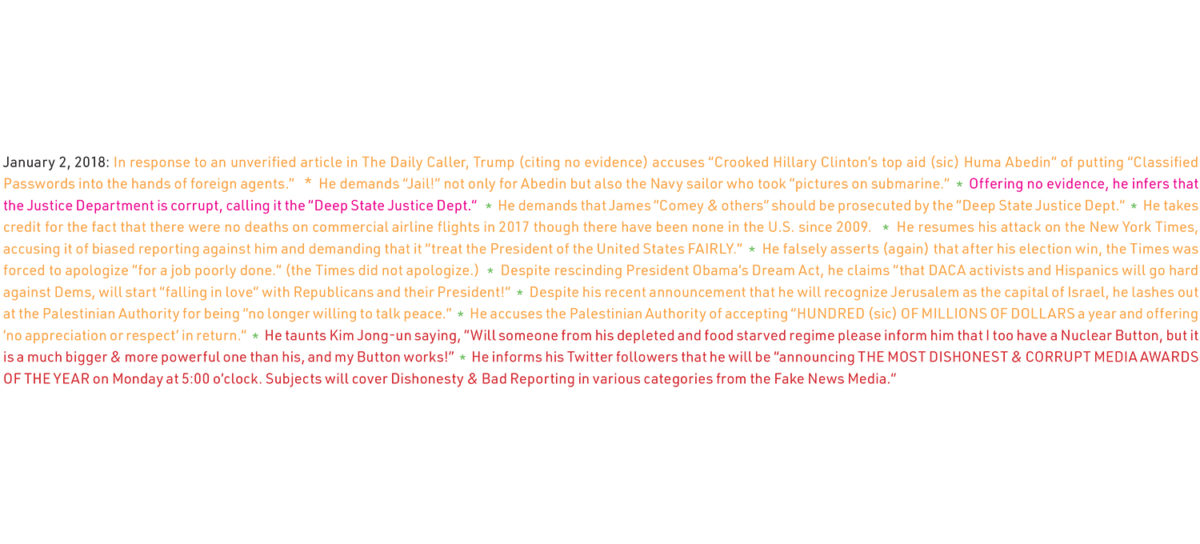
“I honestly believe that something good is going to come out of Trump. You have to have a balance. I do believe there will be a balance. I don’t know what angle it will come in. I do see us coming together as a people. We actually come together and make it possible for some change by galvanizing. We have power. I do expect us to have that fortitude. Our strength is unquestionable.”
Abiodun Oyewole, co-Founder of the Last Poets, one of the founding groups of Hip Hop, profiled and interviewed in Dispatches from the Vanguard
RK: I wish I felt as optimistic as your words and Abiodun Oyewole’s suggest. Having spent the last four years really studying, on a daily basis, Trump’s actions, words and deeds, and watching, as you say, institutions embodying his dysfunction and crumbling in his wake, I often feel—without wanting to spread the butter too thickly—as if we are at the beginning of the end of the world. I imagine Trump as Nero, for example, fiddling and preening and congratulating himself while everything collapses around him.
PAH: I agree with you Richard on this sense of an apocalypse. I see many in arts and higher planes of reasoning and expression, renowned for their wisdom, having a sense of ‘the end is nigh’. But there are always reasons for incredible optimism with this much at stake and the world—or its systems- seemingly coming to an end. For me it is a matter of philosophical disposition, “What do you believe?” And I believe that love wins. Always. It’s as godmother Jaki Shelton Green (poet laureate of North Carolina) said to me in the days following his election—“We’ve been through much worse than this and we will get through this too.” That was such a sedative in the depression and terror that settled into the morass of the nation’s daily cultural life in 2016. Yes, American slavery is alive and real. She meant that our folks for 400 years (1619—2019) have experienced the terrorism of American systems—the Civil War in 1865, the Civil Rights Movement in 1965, the ensuing children of that barbarism—systemic discrimination and institutional racism—and we would all rise from here as well.
For me as a generation X’er and the father of a generation Z’er, it is a test of Faith—it’s our turn to believe against impossible odds. It’s our turn to be the instruments of Hope that allowed our ancestors to believe in and dream us into being. It’s our turn to dream of a new constitution, a new age of new possibilities, to be incredible Northern lights for our children and their children. We are now their ancestors. What is our grand vision? It’s our turn to be the way forward.
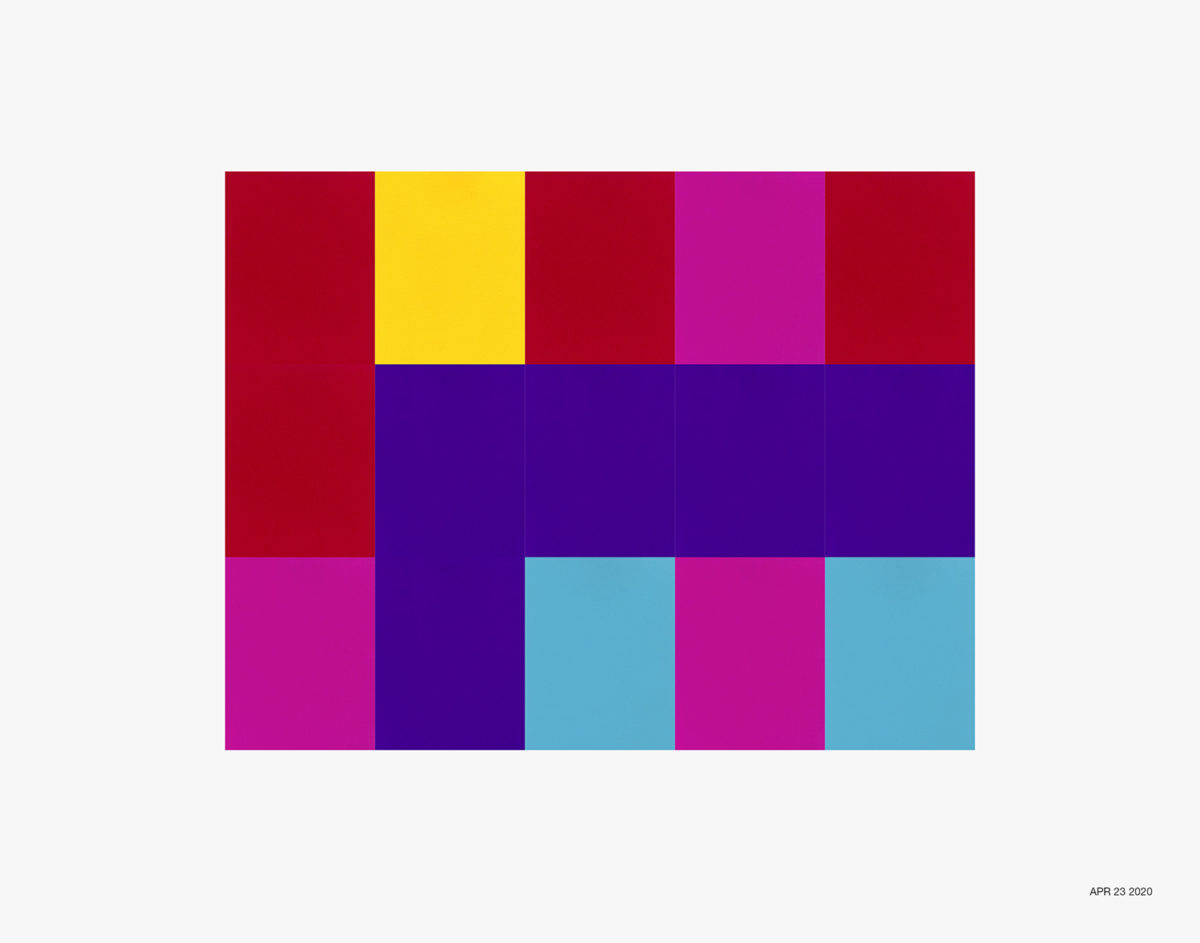
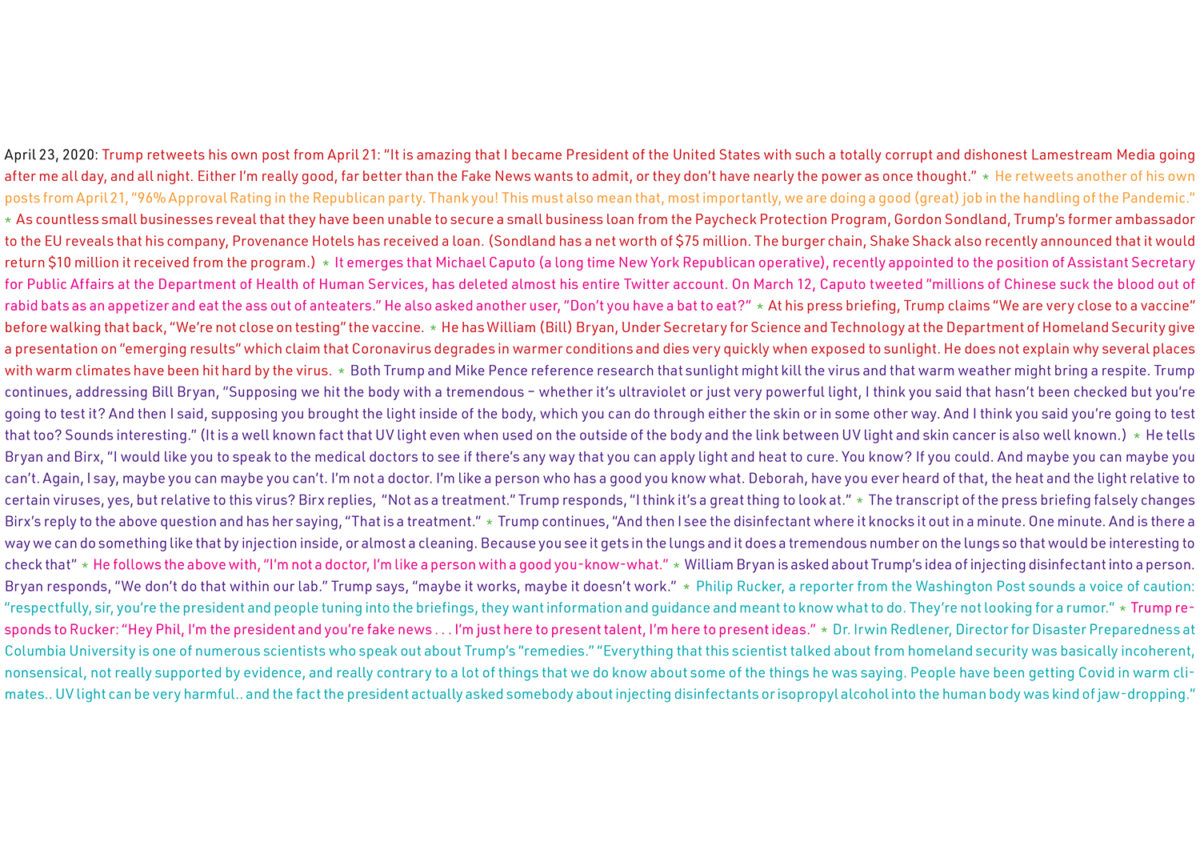
RK: I do love, and am moved by your and Abiodun Oyewole’s optimism, your sense that something good will—must—come from this. In your last email you included an image of Toni Morrison along with her words:
“This is precisely the time when artists go to work. There is no time for despair, no place for self-pity, no need for silence, no room for fear. We speak, we write, we do language. That is how civilizations heal.”
Wow! Now, that is a call to arms! It fills my sails with wind!
Morrison’s emphasis on language as a healing agent is really interesting to me. Paul Celan is one of my favorite poets and in particular, I’m affected by the manner in which he breaks down language, takes it to the brink, as a response —for him the only one imaginable—to the rupture, the wound, of World War II and the Holocaust. I also think of William Carlos William’s lines,
“It is difficult to get the news from poems / yet men die miserably every day /
for lack / of what is found there.”
But, as much as I love Celan’s poems and Williams’ lines, I do wonder how far art can take us? I think for example, of the Truth and Reconciliation Commission that was established in South Africa in 1995. I’m not an expert, but as I understand it, this might be an excellent example of how language, quite literally, can be used to heal. I’ve always been astonished by the very basis of the Truth and Reconciliation Commission as well as Nelson Mandela’s ability to forgive and to devote himself to trying to forge a united country out of the ashes of apartheid. My work on Trump comes from a very different place. It is a calling to account that arises out of (out)rage and a stubborn effort to ensure that this moment in time is not forgotten. On one hand, in the face of Mandela, I’m ashamed of what seems like the smallness of my position, but on the other, I’m driven on by my rage, and by a determination that no misdeed will be left unrecorded.
PAH: Good on you Richard. I think that rage is source. I know that red rage well—a righteous indignation. Starts off as a small flickering light and can become all encompassing, and can swallow you whole: George Floyd and the Freedom Marchers that came in his wake. Sometimes it is yellow, an encompassing wariness: Breonna Taylor and a deep pain from a system wicked with pathology. And at other times blue—so cold, it’s hot, the hottest part of the flame: Kamala Harris’ blunting beatific smile. The fire is the soul of man. It is God. And it says, “I am. & I am better than this. We are better than this.” It refuses to be degraded, denegraded—made small. Extinguished. Prince, one of my favorite artists or as I would classify him in my book, a Prophet, drew a parable in his song, ‘Let’s Go Crazy,’
“If the elevator breaks down / Go crazy!”
In this instance, the elevator is the system breaking down and God and the limitless spirit is the “crazy.” Or, as you note William Carlos Williams whom I also love, I think of T.S. Eliot, a poet/financier as myself who waxed prophetically, penning The Hollow Men in 1925 at the world’s last contraction at it’s euphoric expansion or the Roaring Twenties and the Harlem’s Renaissance:
Between the desire
And the spasm
Between the potency
And the existence
Between the essence
And the descent
Falls the Shadow
For Thine is the Kingdom
For Thine is
Life is
For Thine is the
This is the way the world ends
This is the way the world ends
This is the way the world ends
Not with a bang but a whimper.
I think art allows us to do what is literally unthinkable, exploring and creating as we are experiencing the mundane or dehumanizing. Our spirits take flight into the heavens as our bodies are detained in simple man made artifice. We can go highest when we are brought low. Art makes it possible for us to have empathy in a shared experience beyond the registry of the six senses. Without empathy, there is no justice. Art does not have man made limits. It is connected to Source. For me, it is an expression of my total self conjoined to the Spirit Force.
I’m curious as to how you create your art Richard? Every magic has its own center, between vision-intention-ritual, every experience its own rich texture. It’s own spirit. What is your process? I find that each artist’s creation process is in and of itself, mastery. We become our own creation. Do you listen to music or nothing at all. How does the spirit of Richard Kraft conjure his innermost expression?
RK: That’s an excellent invocation of Eliot, Patrick, and even though—if I’m not mistaken, he is said to have disavowed the last stanza—it does seem remarkably apt for our current predicament. While your mention of George Floyd and Breonna Taylor ignites a deep, deep anger in me, I’m not sure I’d entirely agree that rage need “swallow you whole.” In some ways, I see my piece as a way to use rage as fuel, and a means of paying attention so as to ensure that it doesn’t become all encompassing. Toni Morrison speaks to this, I think, (in the sentence that follows the above quote):
“I know the world is bruised and bleeding, and though it is important not to ignore its pain, it is also critical to refuse to succumb to its malevolence.”
This is really important, I think. It might be tempting to fight Trump using his tactics and methods, but I have sought to call him to account, to ensure that his actions, deeds, and words are forensically recorded at the same time as I have tried to make something beautiful from the carnage. (There’s also humor in the piece; I mean, how ridiculous is it for a referee to wield well over eight thousand cards (as of October 18) with absolutely no effect?) Here’s Abiodun Oyewole again:
I wanted to say something beautiful
How we turn garbage into gold
How we made a swamp fertile land
How we turned a curse, into a blessing.
Toni Morrison also says:
“Like failure, chaos contains information that can lead to knowledge—even wisdom”
and I suppose there’s hope on my part that this obsessive chronicle of Trump’s presidency might yield something useful, something, if we’re really fortunate, that might prevent a similar situation happening in the future or at the very least serve as a reminder that it happened here, in the U.S., in the early 21st century. (I should also say here that if history has shown us anything, it is that there is always another despot who will exploit systemic weaknesses and flaws in order to take power.)

As to my daily practice, it depends what I’m working on, and where I am in the process. In the case of It Is What It Is, there are aspects of the work that preclude listening to music. For example, I often play back videos of Trump’s rallies and appearances on television or radio. It’s no fun (actually, it’s pretty brutal) but when possible, I want to hear the words directly from his mouth as opposed to reading about them. When I’m painting the cards or making the daily drawings, I always have music playing. These days I’m listening a lot to Jordi Savaal, a Catalan conductor and viol player who mines early music, and in thematic recordings, reconstructs history. (Savaal is a truly prolific artist with over a hundred recordings that span world music from the Middle Ages through the Age of Enlightenment.)
But I think your question, Patrick, also gets at something deeper, the well, perhaps, from which the work springs. That’s much harder to answer. I recently lost a dear friend, the French poet, Franck André Jamme. As he recounted it, Franck spent a lot of time waiting, in between works/books. It was a matter of being receptive, open to the voices for which he was a conduit. When that time came, he would often complete a book very quickly. I’ve always wished I could work like that but my own process is actually very different, more prosaic. I’m in the studio every day, often juggling several, quite different projects. It’s all an improvisation (asking myself: “what if”), and though I sometimes feel I’m just treading water, I’ve come to trust that through this persistence the field opens in front of me.
Which brings me to your book. It’s an incredibly impressive endeavor, an extraordinary accumulation of voices and inspiration. I wonder if you set out to do the interviews and gather the essays with the book in mind or whether it evolved organically? And what about your process? You describe yourself as a poet and entrepreneur. Those two things aren’t often linked, yet I imagine that the conversation between the two is extremely fertile. How does each affect the other and do you ever find yourself in conflict—one overriding the other?

“I think there is definitely an idea of reclaiming as Maxine Waters would say, reclaiming our time, reclaiming our history, reclaiming voices from the past, reclaiming narratives of the past that still inform the way we encounter race today. I am interested in exploring the spirit of these many folks in Olio who were deciated to the idea of bringing their art to a larger population.”
Tyehimba Jess, 2017 Pulitzer Prize Winner and Juju Man in Dispatches from the Vanguard—the Global International African Arts Movement versus Donald J. Trump
PAH: That’s very kind of you to say Richard. Thank you. And although I’m all too happy to take credit for the book—my name is even on the cover embossed in bright red font as Milton Bowen’s Baldwin stares at the book buyer. As with most things that I care deeply about, I take zero credit for it. I look at the book as an expression of union—of many into a single expression of excellence. That doesn’t mean I don’t have an ego. Boy, do I ever. That doesn’t mean I don’t like to luxuriate in thoughts of my own grandeur. I do that too. It just means when it comes down to it, Love wins. Always. I know that. And Love is a spirit. I submit to that spirit. And I am part of that spirit. And that Spirit Force channels It’s Love Energies through me as an instrument and I am able to complete tasks that are greater than myself. Noble submission is supreme creation. The act of creation is victorious in and of itself.
“Writing has always been my air. I express myself better on the page. I love writing because it affords me the opportunity to express my dreams, my fears, my thoughts and my journey. I love the self-discovery that happens during the writing process.”
Tori Reid, Platinum Golden Soul, Healer and Seeker of Harmony in Dispatches from the Vanguard
Optimally, I love to work at night. I’ll go to sleep by 7 or 8 p.m., then wake up just past the midnight hour when the world is quiet and pitch black, an expression of the cosmos and the Mystic Soul is at its height. Waking up as in meditation. I’ll light incense, something ancient as frankincense, myrrh—pleasant as lavender. In trance, I burn scented candle. Let a playlist that took years to cultivate wheel. Then I just let go. Yoruba juju man. I give myself away to everything that is unseen. The Spirits are alive and man is quiet. I let go.
The impossible is possible in those nascent moments. Hours will pass for minutes, like music, and before too long, the sun is rising and I am exhausted but feeling exalted. I am a spirit on those days—incandescent, a majestic galloping by daylight. And I am ecstatic, in communion with those spirits and the greatest Spirit Force. Later, I look at the work created, smile knowingly and take credit for the work, signing my name to it. There are fifty-eight brilliant spirits who took time over three years (2015 to 2020) to express the inexpressible. Give a voice to the unheard; make the unseen seen. There are millions of free spirit ancestors given to soaring and being the wind under those spirits’ wings. Then there is an incredible publishing house Repeater Books, their publisher Tariq Goddard and its team of graphic artists, editors and publicists. And there is a team of special editors as Tori Reid and Marvin L. Mills who stirred in soul, spirit and heart.
Dispatches evolved by a spirit similar to this conversation, Richard. Sharing. Coming together. A Fellowship. Learning and affirming of our highest possible selves. Embracing. Releasing. A refusal to give into the dying. Remembering. Laughing. Envisioning. Rising.
Entreprenism, banking, and business are for me creative endeavors with reality. They call it manifesting these days. Rather than Don Corleone Machivellian pursuit, it is an exercise in seeing into the higher realms of human potential and possibility. Greed is not good. It’s shitty. Like how we all live now—in a real banana republic shithole funked assery. Ha!
My visionaries—Muhammad Ali, Nikki Giovanni, Dr. Bing P. Howell, Joni Mitchell, Toni Morrison, Prince, Gabriel Garcia Marquez, Ishamel Reed, Angela Narciso Torres, Walt Whitman, Tom Lutz, Deepak Chopra, Marcus Garvey, Gary E. Bryant, Youssour N’Dour, Bill Yarrow, Luisa J. Howell, Richard Branson, Ben Okri, Pastor Mark E. Whitlock and so many others- see into the higher realms of human potential and possibility. True visionaries often walk the fine and often challenging line between the inspired world—intuition, reflection, the divine-inspired—and the material world of action, effects, systems, powerful special interests, ego, status quo, and tangible results. As such, my day job is to be the conduit between these dimensions of higher thought and our physical reality and opt for the win- our highest being. I am inspired by the relentless pursuit of what is possible. I do not settle for the norm if the norm is mediocre, or worse, dehumanizing or destructive. I don’t allow myself to be hypnotized by the limiting mindset or the mass hallucination of what’s popular or “normal.” Instead, I am interested in pulling people up; invigorating, stirring a greater possibility. I, Love.
Metaphorically, my day job is setting the dates and stage, making sure the band is paid, booking the venue. By night, I make music like love.
Speaking of which friend, as we leave this second decade of the new millennium all sorts of possibilities are present. Like a bacchanal carnival. Or a bowl of dope callaloo. What are you most looking forward to Richard?
RK: That’s an extraordinary list of people, Patrick! We could spend a long time working through each of them. I have to say something though, about Muhammad Ali, who has also been a hero of mine since I was young. There’s a lovely section of your interview with Nikki Giovanni where she says:
“When Ali did what Ali did, nobody had done what he had done. And so, there isn’t anybody like Muhammad Ali. Because as you know, he had to give up his belt, and of course you know, his life was being threatened a lot. He just decided, I am not afraid. I’m a man, and I’m going to stand up for what I believe. So he did . . . You have to look at what he did and when. And when Ali did what he did, he was all alone.”
That’s amazing, and sobering, a reminder of what was at stake for him, and of course, he’s been followed by others (Colin Kaepernick is one example), but being the first, taking a stand, being willing to go to prison, knowing the shit that’s going to come your way—I don’t really have words for that.
I also like your notion of entrepreneurship as a creative endeavor. It brings the German artist Joseph Beuys to mind, in particular his idea that creativity is not the sole realm of artists, just as capital is not the unique domain of corporations. Rather, he argued, both are equally available to everyone in their daily lives, if we’re only open to them. It’s a complicated subject and more than we can get into here, but I’ve always loved Beuys’ belief that if we were to treat our daily lives (and all that comes with this) as artworks our world would be in much better shape than it is.
“CAPITAL is at present the work sustaining ability. Money is not an economic value though. The two genuine economic values involve the connection between ability (creativity) and product. That explains the formula presenting the expanded concept of art: ART=CAPITAL.”
Joseph Beuys
What am I looking forward to? It’s very hard to see past the election. Right now, I’m really looking forward to seeing the back end of Donald Trump, preferably in an orange jumpsuit and handcuffs as he’s marched into a federal penitentiary. I also hope, really hope, that should Trump lose the election, there is the realization that that is just a beginning. The relief will be intense, and we could easily fall back into complacency. But there is so much work to be done, not just to undo the damage of the past four years, but to address, truly address, systemic racism, poverty, the grotesque financial inequities that become larger and more entrenched each day, the endless plundering of our planet’s resources and thus the impending catastrophe that is climate change.
I don’t want to jinx it though (yes, I’m superstitious) but if we can make a start on these things it might help me believe in justice again and renew my (flagging) ability to heed the words from your interview with Sevan Bomar (founder of the Resistance in 2010):
“Walk into the light of day and smile. Life will happen to you. The sun is shining. Let go. Let it all go. The moon is rising. Just be. The stars you see when you close your eyes are also planets and astral phenomenon. And you are connected to something much larger than yourself . . . So, NOW. Just wake. Up. It doesn’t get any easier, just better.”




